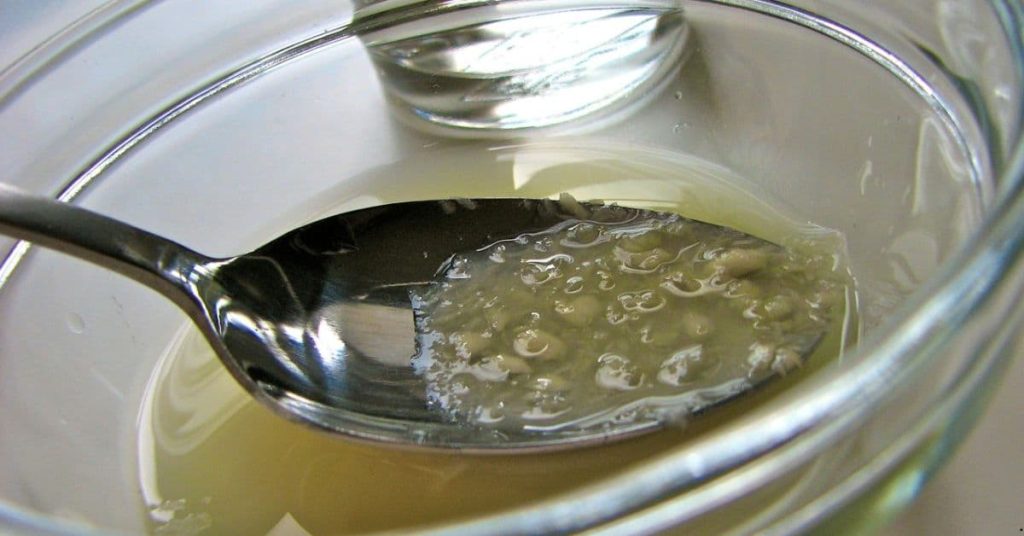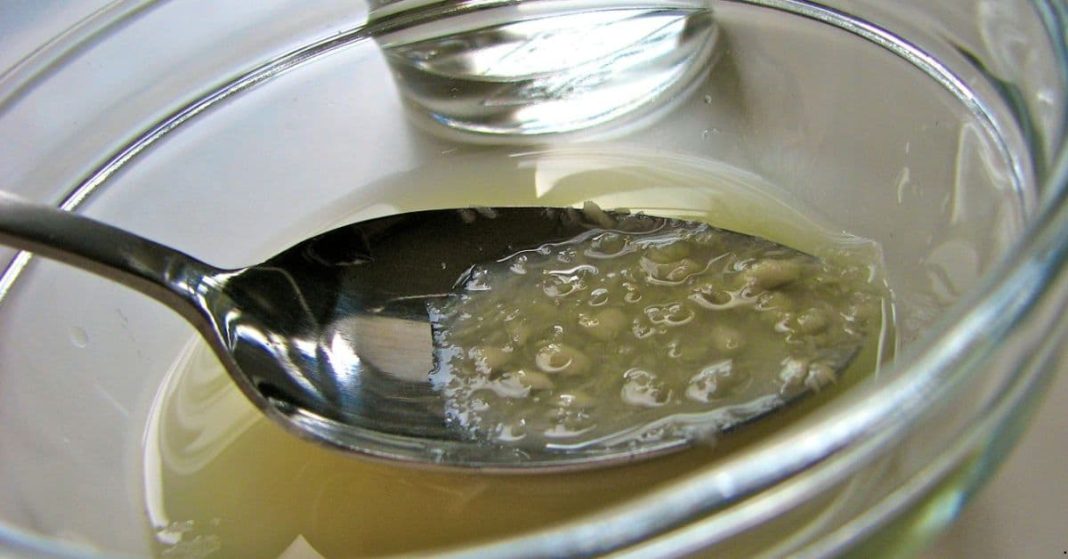For centuries, communities across Eastern Europe have relied on natural remedies to combat seasonal coughs, colds, and respiratory ailments. Before the arrival of pharmaceutical medicines, people turned to their kitchens, gardens, and forests for healing. Passed down through generations, these folk treatments were based on local herbs, steam therapies, honey, fermented foods, and traditional rituals. Today, many of these methods remain widely used, especially in rural areas where traditional wisdom continues to thrive.
This article explores natural treatments for cough and cold rooted in the folk traditions of countries like Poland, Ukraine, Romania, Bulgaria, and the Balkans, focusing on ingredients that are both accessible and effective.
1. Linden Flower Tea (Tilia cordata)
In nearly every Slavic country, linden flowers are a go-to remedy for fever, cough, and chest congestion. Collected in late June or early July, dried linden blossoms are stored in every household for winter illnesses.
How it works:
Linden tea is diaphoretic, meaning it induces sweating, which helps break a fever. It also soothes sore throats and acts as a mild expectorant.
Traditional use:
A handful of dried linden flowers are steeped in hot water for 10 minutes. The tea is often sweetened with honey and consumed several times daily during a cold or flu.
2. Horseradish and Honey Syrup

In Poland and western Ukraine, a mixture of grated horseradish root and honey is considered one of the strongest natural remedies for clearing mucus and relieving sinus pressure.
How it works:
Horseradish stimulates the sinuses, breaks up chest congestion, and has antibacterial properties. Honey soothes the throat and provides antimicrobial support.
Preparation:
Grate fresh horseradish root and mix with equal parts honey. Let it sit for 24 hours, then take one teaspoon three times a day.
3. Garlic and Milk Infusion
Garlic is a cornerstone of Eastern European folk medicine. One traditional Bulgarian remedy for persistent cough involves boiling a few cloves of garlic in milk.
How it works:
Garlic has strong antimicrobial and antiviral properties, while warm milk soothes the throat and helps the body absorb the active compounds more gently.
Preparation:
Crush 2–3 garlic cloves and simmer in one cup of milk for 5–7 minutes. Drink warm before bedtime.
4. Onion Syrup
Onion syrup is one of the most widely used cold remedies across Eastern Europe. In Romania, Serbia, and Ukraine, it’s a common treatment for dry or wet coughs in both children and adults.
How it works:
Onions are rich in sulfur compounds that help loosen phlegm and fight infection. The sugar or honey draws out the onion’s juices to form a natural syrup.
Preparation:
Slice one large onion and layer it with sugar or honey in a jar. Leave it overnight. Take the resulting syrup by the spoonful throughout the day.
5. Steam Inhalation with Pine or Chamomile
Inhalation is a powerful folk method for clearing nasal passages and easing cough. In the Carpathian and Balkan mountain regions, pine needles or chamomile flowers are added to steaming water.
How it works:
The warm vapor opens the airways and delivers anti-inflammatory and antimicrobial plant compounds directly to the respiratory tract.
Traditional method:
Boil a pot of water, add a handful of pine needles or chamomile, remove from heat, and cover your head with a towel over the pot. Inhale deeply for 10 minutes, once or twice daily.
6. Fermented Foods for Immunity
Eastern European diets are rich in fermented vegetables like sauerkraut, pickled cucumbers, and beet kvass. These were not only methods of preservation but also powerful immune boosters.
Why it matters:
Fermented foods support gut health, which is closely tied to immune function. Regular consumption can help prevent colds and reduce recovery time.
Usage tip:
During a cold, traditional advice suggests consuming fermented foods with garlic or horseradish to enhance their effects.
7. Elderberry Decoction
In rural areas of Poland and Ukraine, elderberries (especially black elderberries) have long been used for fighting colds and flu.
How it works:
Elderberries have antiviral and antioxidant properties. Scientific studies have shown elderberry extract may reduce the severity and duration of colds.
Traditional use:
Berries are simmered with water and a small amount of sugar or honey until a thick syrup forms. A tablespoon is taken daily or at the first sign of illness.
8. Warm Potato Compress for Chest Congestion
A unique remedy from northern Slavic countries, especially Belarus and Russia, involves placing warm mashed potatoes on the chest to relieve cough and bronchial congestion.
How it works:
The heat helps to loosen mucus, improve circulation, and calm coughing spasms.
How to apply:
Boil and mash potatoes, wrap them in a clean cloth, and place on the chest (or back) for 20–30 minutes. The skin should be protected to prevent burns.
9. Rituals and Beliefs
Many Eastern European folk practices also include symbolic healing. For example, in parts of Romania and Bulgaria, mothers perform traditional songs or use healing prayers during steam baths or herbal rubs. These practices are rooted in the belief that the body and spirit must heal together.
Eastern European folk medicine offers a wide variety of natural treatments for coughs and colds. From linden flower tea to horseradish syrup and elderberry decoctions, these time-honored remedies reflect generations of wisdom and a deep connection to the land. They are often safe, effective, and accessible, making them valuable tools for those who prefer natural approaches to seasonal illness.
While these treatments can support recovery and strengthen the immune system, they should be used wisely and in conjunction with medical advice when necessary, especially in cases of severe or prolonged symptoms.













